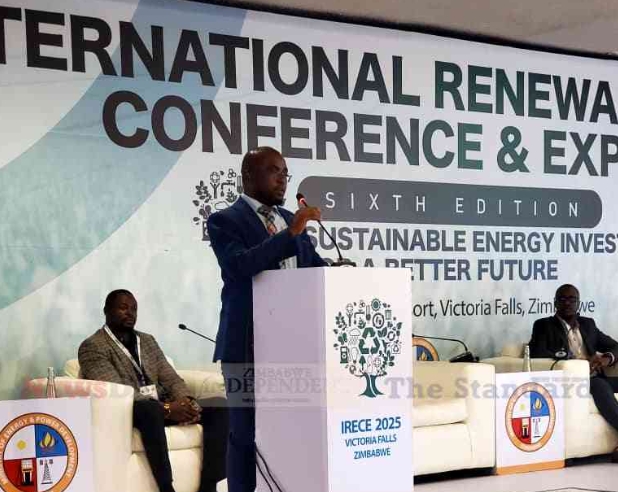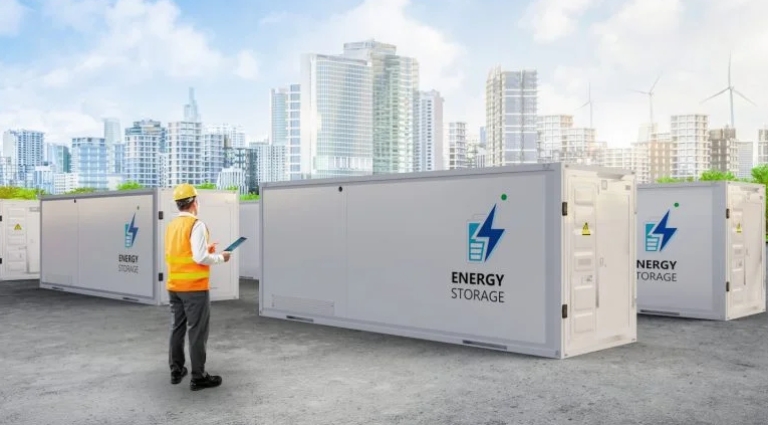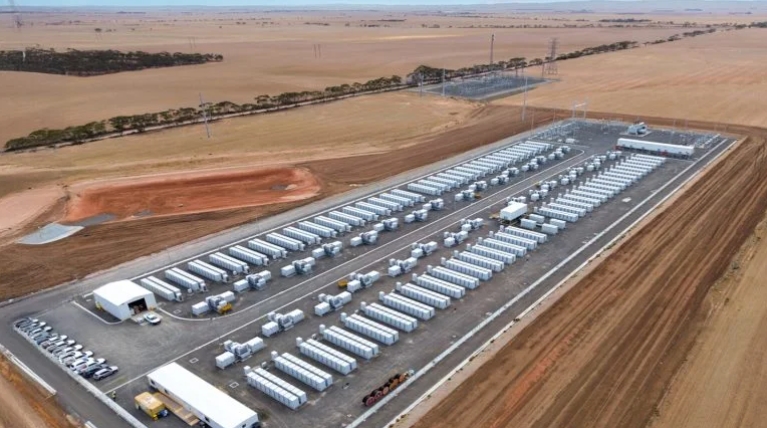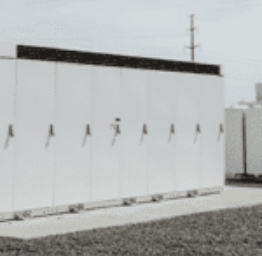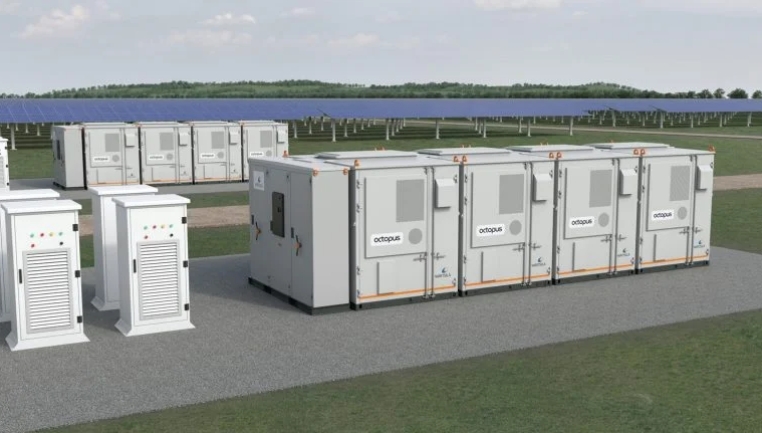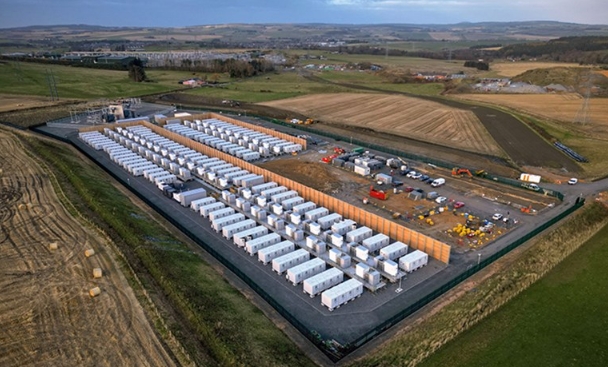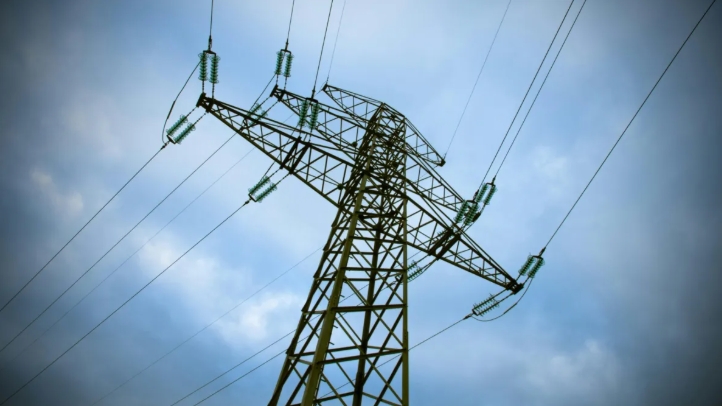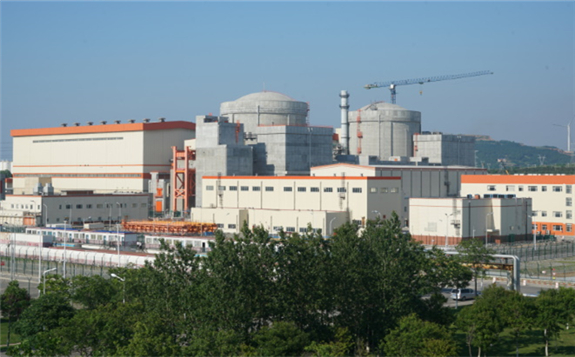 Hongyanhe units 5 and 6 (Image: CNEA)
Hongyanhe units 5 and 6 (Image: CNEA)
CNEA said the unit was connected to the grid at 12.35am today. The milestone marks the formal transition of Hongyanhe 5 from the construction and commissioning phase into the power generation phase.
The reactor will now undergo tests at increasing power output levels before entering a full-power demonstration operating assessment. During this assessment stage, the performance indicators of the unit will need to meet design standards and the relevant requirements of the power grid, which will indicate that the unit has achieved formal commercial operating conditions.
Construction of Phase I (units 1-4) of the Hongyanhe plant, comprising four CPR-1000 pressurised water reactors, began in August 2009. Units 1 and 2 have been in commercial operation since June 2013 and May 2014, respectively, while unit 3 entered commercial operation in August 2015 and unit 4 in September 2016.
Phase II of the Hongyanhe plant - units 5 and 6 - comprises two 1080 MWe CGN-designed ACPR-1000 reactors. Construction of unit 5 began in March 2015 and that of unit 6 started in July the same year. Cold functional testing of unit 5 began on 10 October 2019, marking the start of its commissioning phase.
In late December 2019, CGN announced a change in the schedule for starting up units 5 and 6. It said the units were now expected to start operating in the second half of 2021 and the first half of 2022, which is, respectively, one year and six months later than previously scheduled.
Hongyanhe 5 achieved first criticality on 13 June this year.
The Hongyanhe plant is owned and operated by Liaoning Hongyanhe Nuclear Power Company, a joint venture between China General Nuclear and State Power Investment Corporation, each holding a 45% stake, with the Dalian Municipal Construction Investment Company holding the remaining 10%.

